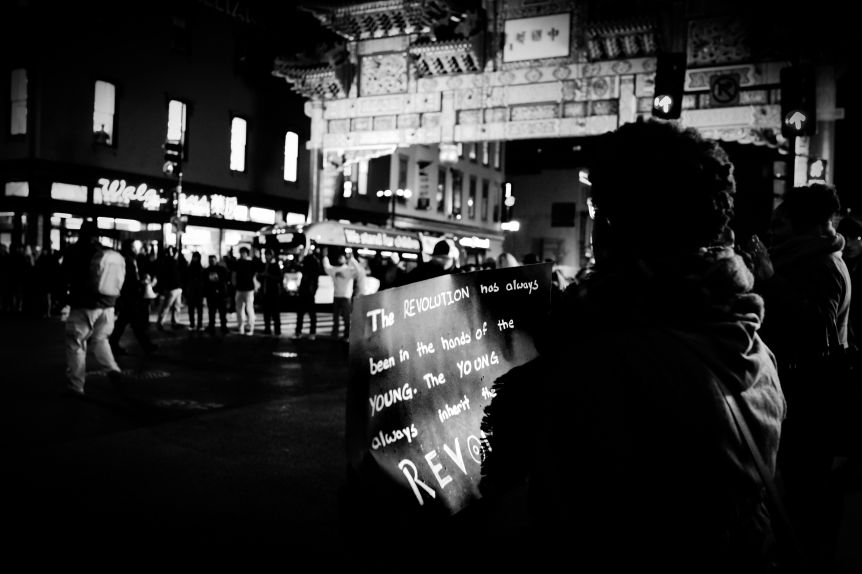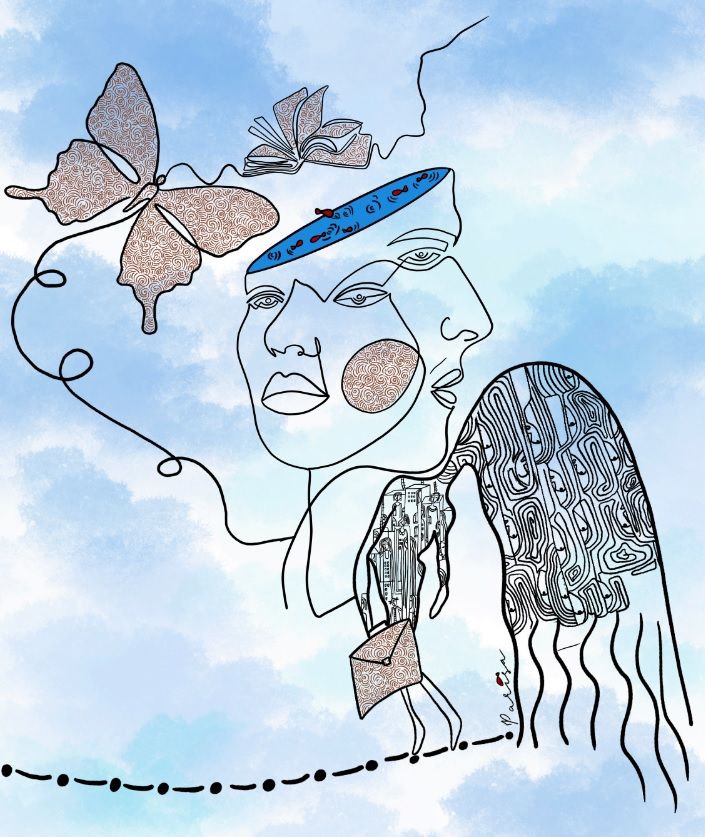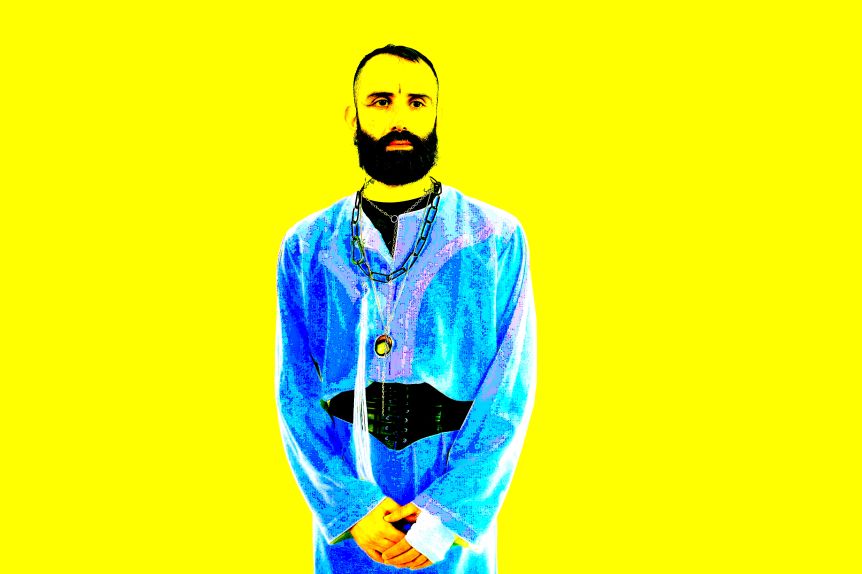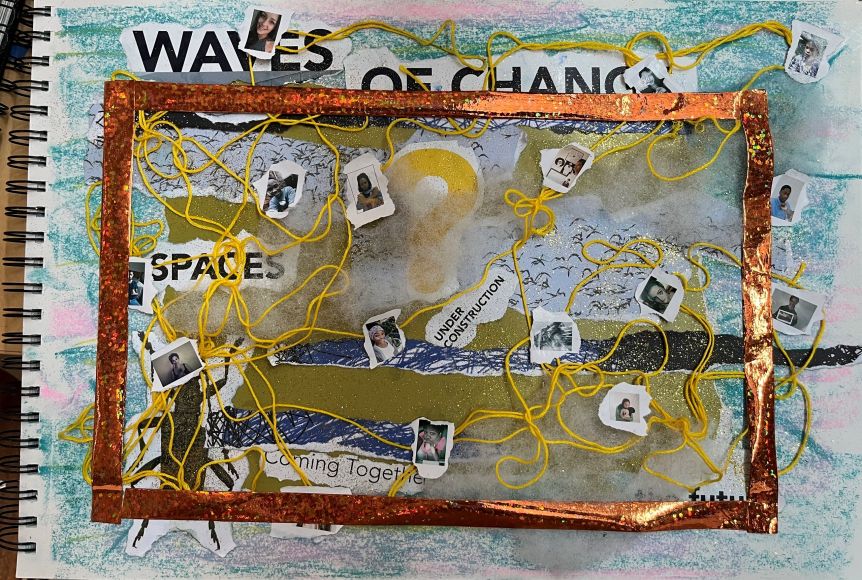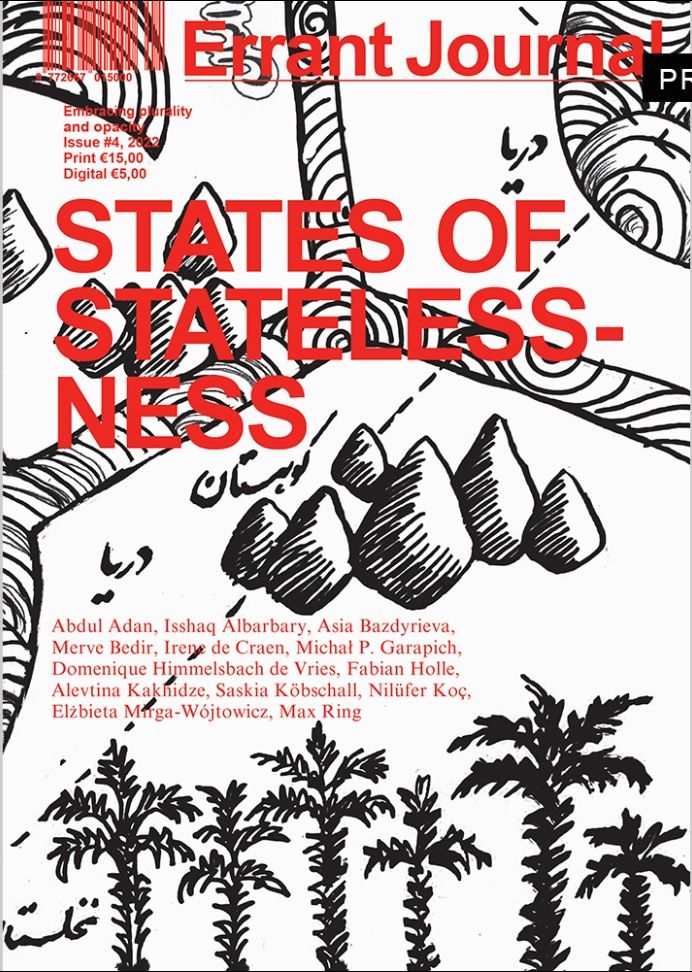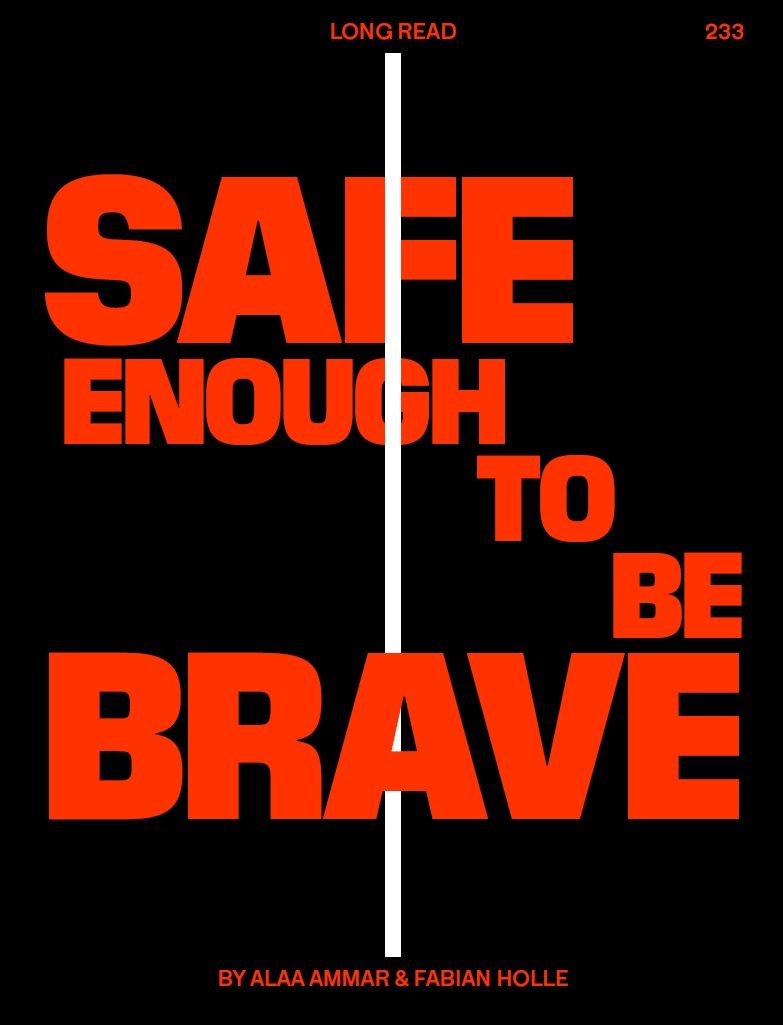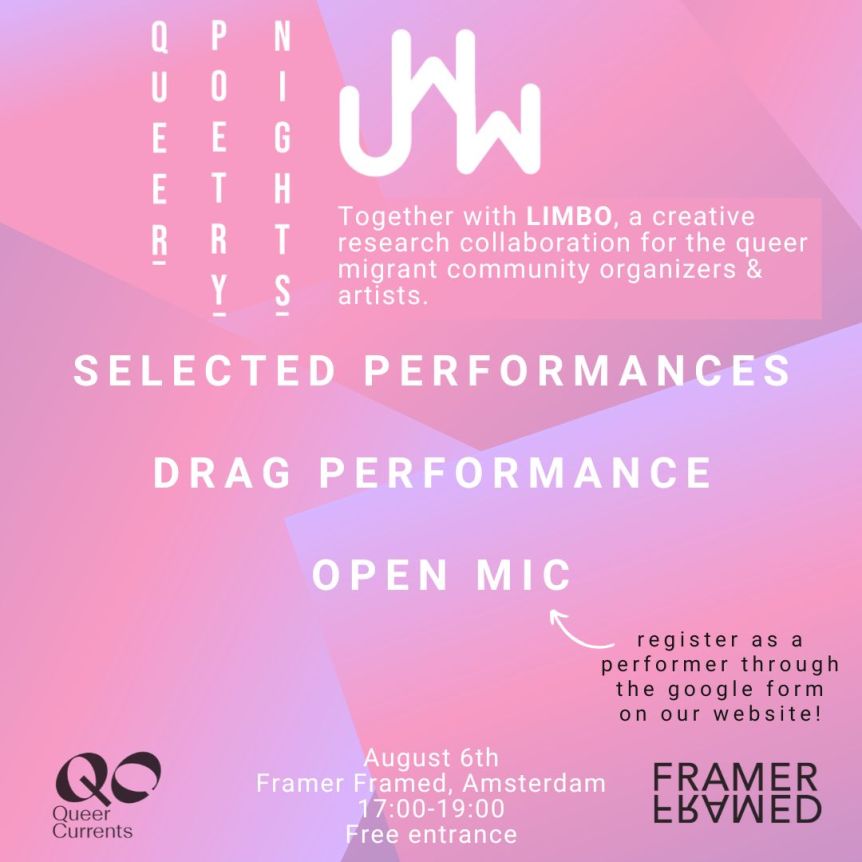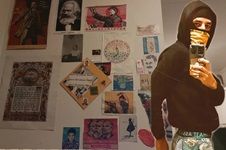The corona crisis acts as both an accelerator of the effects of our (consumption) behaviour and a magnifying glass on the sources of inequality and imbalance in our societies. In short, this crisis shows that what we thought was normal has been quite detrimental to our survival on several fronts. Think for example of the consequences of unrestrained growth on nature and human relations or those of unlimited consumption/production based on what one wants, not what one needs – desire versus need -, or the negative consequences of unlimited mobility.
The chance to question blind spots
The gluttony of growth and the drive for profit undeniably have downsides. We are exhausting nature at an incredible rate. And growth always has winners and losers. The focus on vertical growth has completely disrupted the balance between the haves and have-nots, even in welfare states such as the Netherlands. In the drive to make as much profit as possible as fast as possible, growth and rapid progress are the only acceptable scenario. As a result, we have lost sight of the opportunity to also focus horizontally: to look around us to see what this obsession with growth and profit does to people’s wellbeing and quality of life in our societies. This one-dimensional view has led to a growing gap between the lifeworlds of the rich and the poor, resulting in a lack of empathy and solidarity with people who are vulnerable for various reasons.
The corona crisis allows us to question this normality – and therefore also its blind spots. We are forced to slow down and take a better look around us, which is a way for us to face the downside of progress. I am aware that this perspective is mostly adaptable to those who are in more privileged positions; those who are suffering may not have the space to slow down (think of people in vital professions) or may not feel they have the space to reflect because of corona’s devastating consequences (regarding health or vulnerable conditions). For the people who often take their privileged position for granted, however, this slowing down can be a chance to reflect on and rethink what is normalized in their lives. This means taking the time to consider that one of the foundations of excessive growth is the boundless greediness of consumer society, in which it is not so much about what someone needs but what they want. In such a society, we concurrently become richer (in choices) and poorer (in reflection on those choices).
The corona crisis provides us with the opportunity to correct this greedy consumer behaviour as well as our fixation on endless production. What does this opportunity say about academia and especially about critically engaged scholars who are concerned with unbalanced power relations and who believe in the role of academia to contribute to more just and equal societies?
Inequality and engaged scholarship
Another consequence of this crisis is the limitations to our mobility. This era is often referred to as the era of mobility. It has never been easier to move around globally. But at the same time, we are witnessing growing forms of immobility. European and Western borders are increasingly strictly monitored. People with the wrong passport or lack of resources are trapped in their local and national environments, while others complain about limitations on their luxurious lives. We see a contrast between refugees who are trapped in inhuman situations inside refugee camps, even within the borders of Europe, and people who are concerned about their inability to move around globally without limits. The gap between these two groups is widening. The corona disease is also functioning as a metaphor for another disease, namely, the growing inequality in this world. Once again we see that the daily lives of privileged groups with spacious houses, good digital connections and secure jobs and financial resources are less disrupted by the limitations caused by Covid-19, while people with fewer resources are even more limited in their possibilities. They live together in small places, have no access to proper digital infrastructure and do not enjoy a secure financial basis. They are suffering.
In short, the consequences of Covid-19 are much greater for vulnerable groups with limited resources, undesirable living situations and bad health conditions. People in these groups are also personally blamed when they get sick, without considering their structurally deprived living conditions. And for us as engaged scholars, the possibilities for engaging with such groups has also become limited because of other pressing issues in their lives and their limited access to the digital world. Yet, engaging with such groups and conveying the structural foundations of their challenges is more urgent than even before. As early as 1959, C. Wright Mills argued that scholars (in particular sociologists) should live up to their promise and moral imperative to provide social analysis that is of direct relevance to urgent public issues and insistent human troubles. He introduced the concept of ‘the sociological imagination’ as a quality of mind needed to connect everyday personal realities with larger social realities. To take this further, the role of engaged scholars is essential in this time of pandemic in order to contextualize individual troubles within the historical structures of societies while also enabling societal imagination that broadens our perspectives beyond individual troubles. Corona works as both an accelerator and a magnifying glass in this. The distance between groups and inequalities are magnified, and the invisible processes of exclusion become visible. The boundaries and limitations of our actions come to light more quickly. But this also gives us momentum as engaged scholars to publicly discuss the structural sources of inequality now that the manifestation of different forms of inequality have become so visible.
BLM and new forms of connectedness
The magnifying impact of Covid-19 on the existing inequalities in the world also makes us aware of the fact that there is no escape. Changes need to be happening to create more balance in the world we are living in. The Black Lives Matter movement that started in the US and was soon adapted around the world has shown us the urgency of this need and is an opportunity for transformation towards more equal societies. In the Netherlands, for example, we see that a historical denial of racism has shifted towards a recognition of institutional forms of structural racism in both the Dutch public space and within institutions. And never in the past decades has there been such broad solidarity between people from a variety of backgrounds, including White Dutch people, in collectively addressing racism. Additionally, there is a growing awareness of structural racism among non-White young professionals, who previously thought their exclusion from or marginalization within Dutch society had to do with a personal inability and lack of strategies to ‘adapt’. The growing calls against institutional racism are unsettling the status quo and creating inclusionary spaces and practices. This again provides an opportunity for engaged scholars to reimagine new possibilities of connectedness between academia and society that go beyond a fixation on academic productions and excellence. For critically engaged scholars, this combination of the magnification of inequalities and the emergence of public awareness and passion for change also creates a momentum to embrace a transformation from structures of impossibility into the critical reflection and connections necessary for rethinking conditions and actions towards the inclusion of diverse groups. These developments force everybody – including us as engaged scholars – to look for alternative forms of engagement and togetherness. But at the same time, we also desire to return to what were previously normal forms of interaction because physical engagement is so ingrained in how we see our role as engaged scholars. That is the paradox of our time that needs thoughtful consideration.

